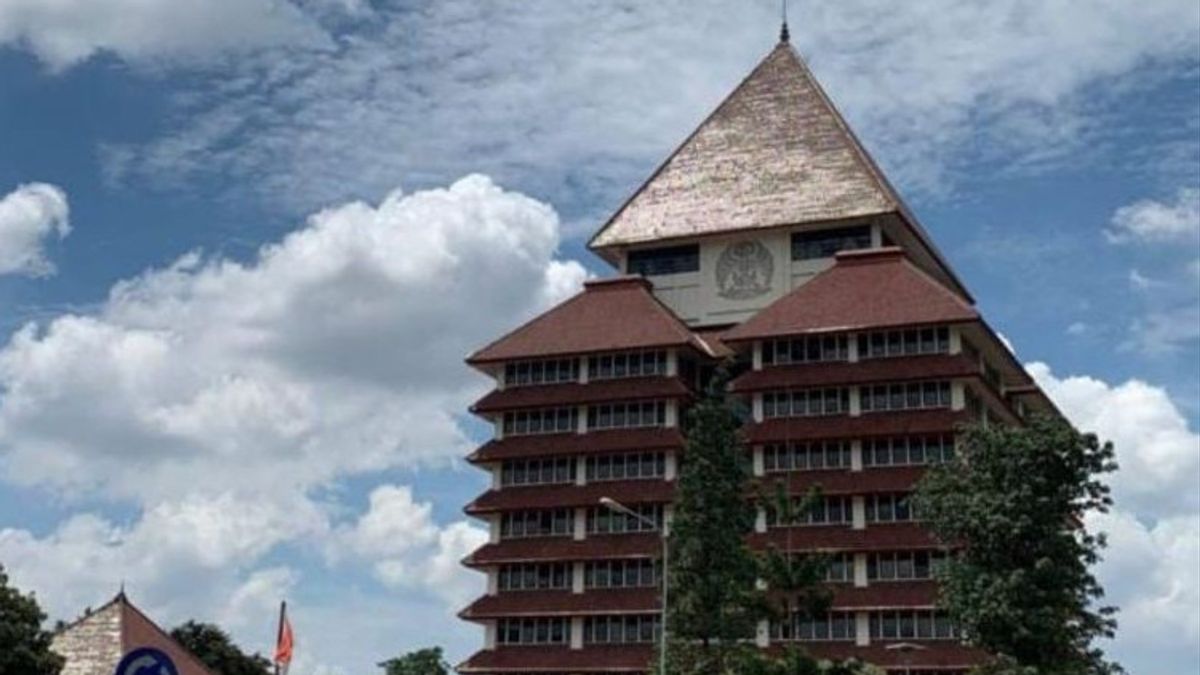JAKARTA - Professor of the Faculty of Economics and Business (FEB) University of Indonesia (UI), Prof. Omas Bulan Samosir offers a high solution for the unemployment rate of young people aged 15-24 years or Generation Z due to discrepancies between education systems and labor demand.
"As a result, the competence of graduates is not in line with the current work market needs," said Prof. Omas Bulan Samosir, Ph.D at the UI Depok Campus, West Java, quoted from Antara, Wednesday, July 17.
Prof. Omas Bulan Samosir said that the dynamics of the labor market developed faster than the dynamics of the employment input capacity.
For this reason, educational institutions should provide knowledge for the workforce, but unfortunately they are often left behind in responding to market needs. The designed curriculum may not always be updated according to developments in the industrial world.
"Unemployment means no or stop producing. The job force, which is currently unemployed, will become a burden if there is unemployment on a large scale in the future," he said.
As a result, Indonesia Gold will be at risk of not being achieved if there is a generation that blocks development achievements. Meanwhile, the workforce is expected as a machine for economic growth to reach Indonesia Gold.
In dealing with this problem, the parties involved can collaborate and synergize, including educational institutions and vocational training, labor, and the government.
Employment ethic must also be built to ensure that the workforce is ready to face the dynamics of the labor market. In addition, educational institutions need to continue to update the curriculum to suit industrial needs.
A workforce must be proactive in improving skills. On the other hand, the government must play a role in developing policies that support the world of education, such as updating the curriculum.
However, Prof. Omas argues that formal education alone is not enough. Additional vocational certification and training are needed to complement the competence of graduates.
The Ministry of Education and Culture (Kemdikbud) has realized the importance of this by recognizing vocational certificates as part of human capital owned by job seekers.
"The more certificates a job applicant has, the better their chances of meeting the changing needs of the labor market," said Omas.
He added that Vocational High School (SMK) is a formal form of vocational education. The world of education still requires vocational expertise through vocational schools and remains relevant to produce a competent workforce in the industry.
SEE ALSO:
This can be done by expanding the direct connection between SMK and the industrial world so that it can be involved in building the SMK curriculum regularly.
"The industry should be able to directly cooperate with vocational schools in making or as manufacturing spare parts of the industry," he said.
For example, the BMW bicycle industry in Germany, a spare part manufacturing of BMW bicycles, was handed over to vocational schools by training vocational schools to make and the price offered was the market price.
"The vocational school students immediately received a salary when making them. However, Indonesia has not carried out anything and cooperation like this, and our vocational education world is still far away and very far from the manufacturing/industry world," said Prof. Omas.
The English, Chinese, Japanese, Arabic, and French versions are automatically generated by the AI. So there may still be inaccuracies in translating, please always see Indonesian as our main language. (system supported by DigitalSiber.id)















